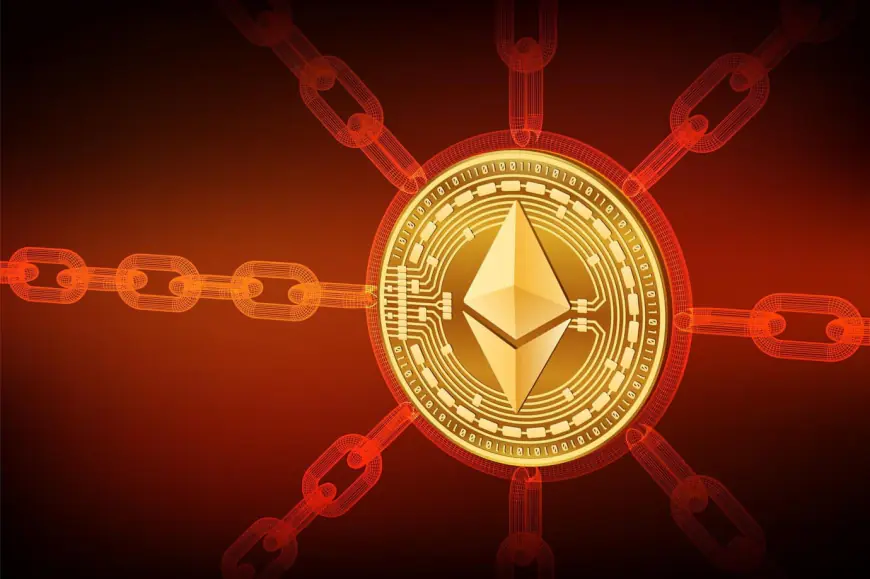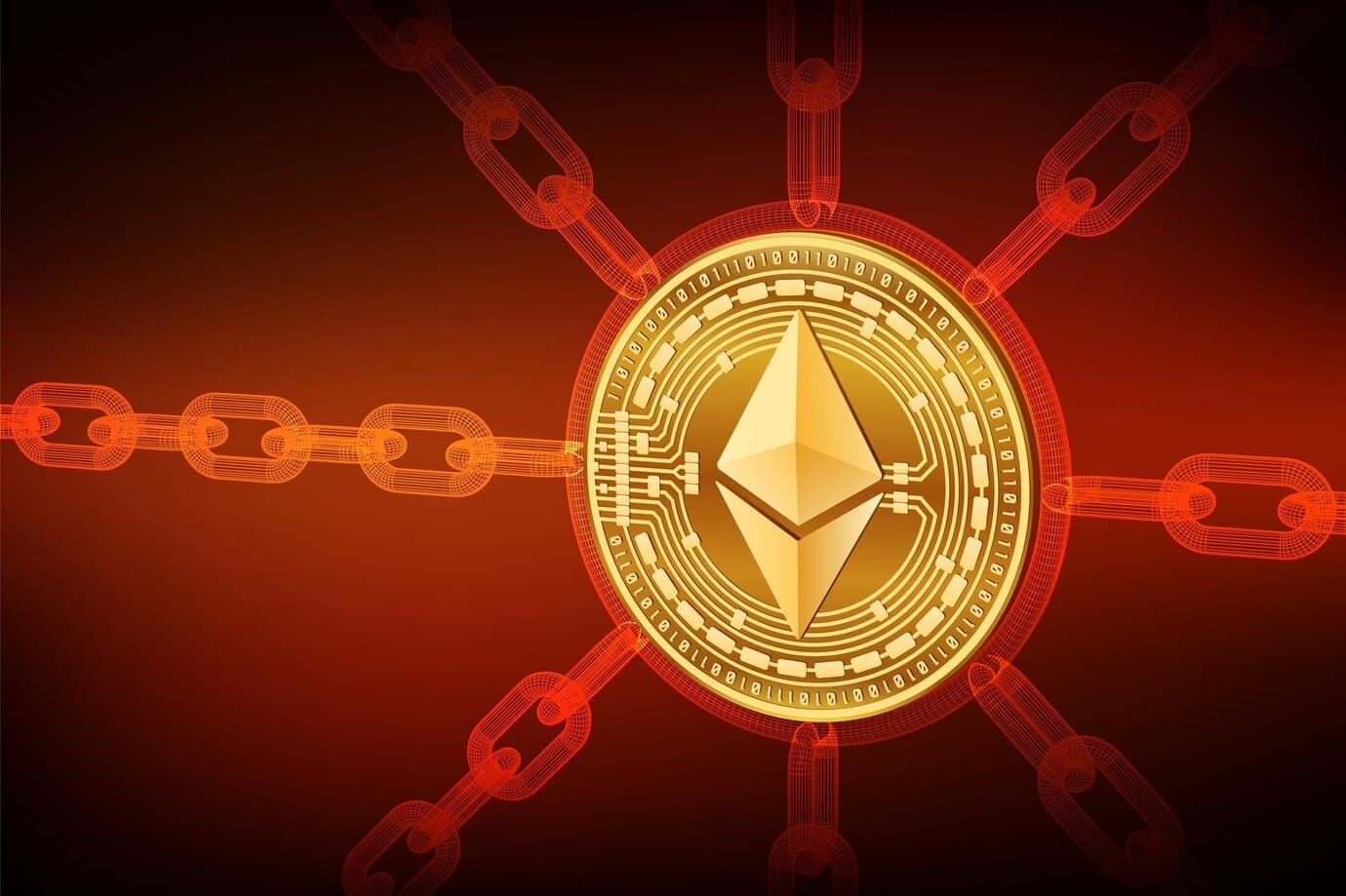Ethereum’s Quantum Defense: Buterin Highlights ‘Simple’ Hard Fork as Solution
Ethereum is well-prepared for potential quantum computing threats with plans for a simple recovery fork. The upcoming Dencun upgrade on March 13 aims to lower transaction fees for layer-2 network users. Ethereum co-founder Vitalik Buterin has recently shed light on Ethereum’s robust readiness against the looming shadow of quantum computing threats. This revelation comes at [...]


- Ethereum is well-prepared for potential quantum computing threats with plans for a simple recovery fork.
- The upcoming Dencun upgrade on March 13 aims to lower transaction fees for layer-2 network users.
Ethereum co-founder Vitalik Buterin has recently shed light on Ethereum’s robust readiness against the looming shadow of quantum computing threats.
This revelation comes at a crucial juncture as the Ethereum network braces for the much-anticipated “Dencun Upgrade” scheduled for March 13, aimed at significantly reducing transaction fees for layer-2 network users, expanding on what was earlier reported by Crypto News Flash.
Quantum Computing: A Double-Edged Sword
Quantum computing, with its promise of groundbreaking computational power, also poses a formidable challenge to the cryptographic bedrock of blockchain technologies.
In a detailed post on Ethereum Research dated March 9, Buterin unraveled the potential scenario of a “quantum emergency,” where the advent of quantum computing could be exploited by adversaries to compromise user funds. However, Ethereum’s proactive approach suggests a silver lining in this cloud of uncertainty.
Buterin’s discourse extends beyond mere speculation, offering a tangible solution in the form of a “simple recovery fork.” This strategic move would entail a hard fork of the Ethereum blockchain, necessitating users to transition to new wallet software, thereby fortifying the network against quantum vulnerabilities.
The proposed hard fork would act as a reset, rolling back the network to a pre-theft state and sidelining traditional transactions henceforth.
In response to the quantum threat, Ethereum developers are poised to introduce a novel transaction type as part of the RIP-7560. This innovative step would allow transactions from smart contract wallets, employing Winternitz signatures and STARKs (zero-knowledge proof technologies) to safeguard existing wallets with a new quantum-resistant validation code, as Crypto News Flash had earlier detailed.
The crux of this approach lies in leveraging ERC-4337 account abstraction, ensuring that private keys remain undisclosed during transaction signings.
Parallel to these quantum-proofing efforts, the Ethereum community is abuzz with anticipation for the Dencun Upgrade.
A tweet from crypto influencer Wise Advice highlights the upgrade’s potential to slash transaction fees for layer-2 network users, heralding a new era of efficiency and affordability. This upgrade is not just a technical milestone but a testament to Ethereum’s commitment to user-centric innovation.
ETH Holders Pay Attention

Ethereum’s Dencun upgrade is scheduled for March 13.
It is expected to result in lower fees for users of layer-2 networks.#ETH #Crypto
— Wise Advice (@wiseadvicesumit) March 11, 2024
Quantum Computing: A Distant Horizon?
While the specter of quantum computing looms large, the consensus among tech experts, including those from Google and IBM, suggests a timeline extending to 2029 before quantum computing becomes a palpable threat to blockchain encryption. This timeline affords the Ethereum community a crucial window to fortify its defenses and innovate beyond current limitations.
What's Your Reaction?









































































































